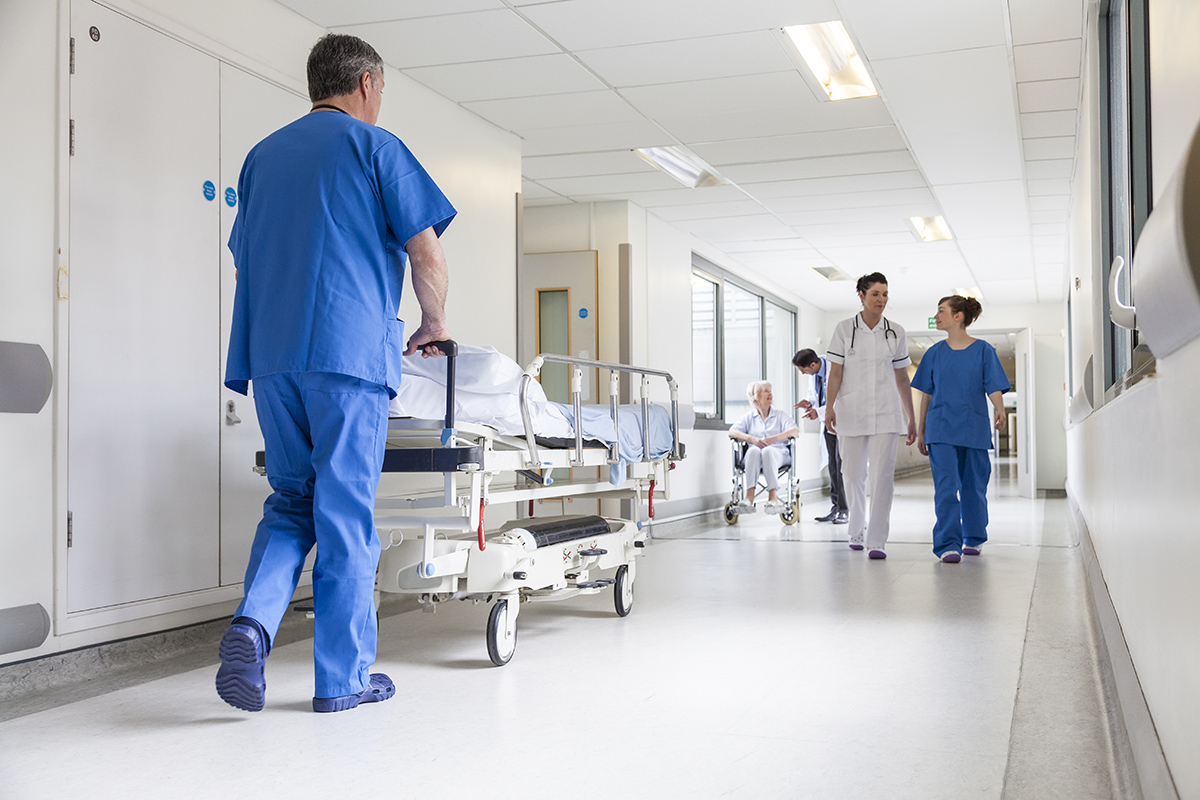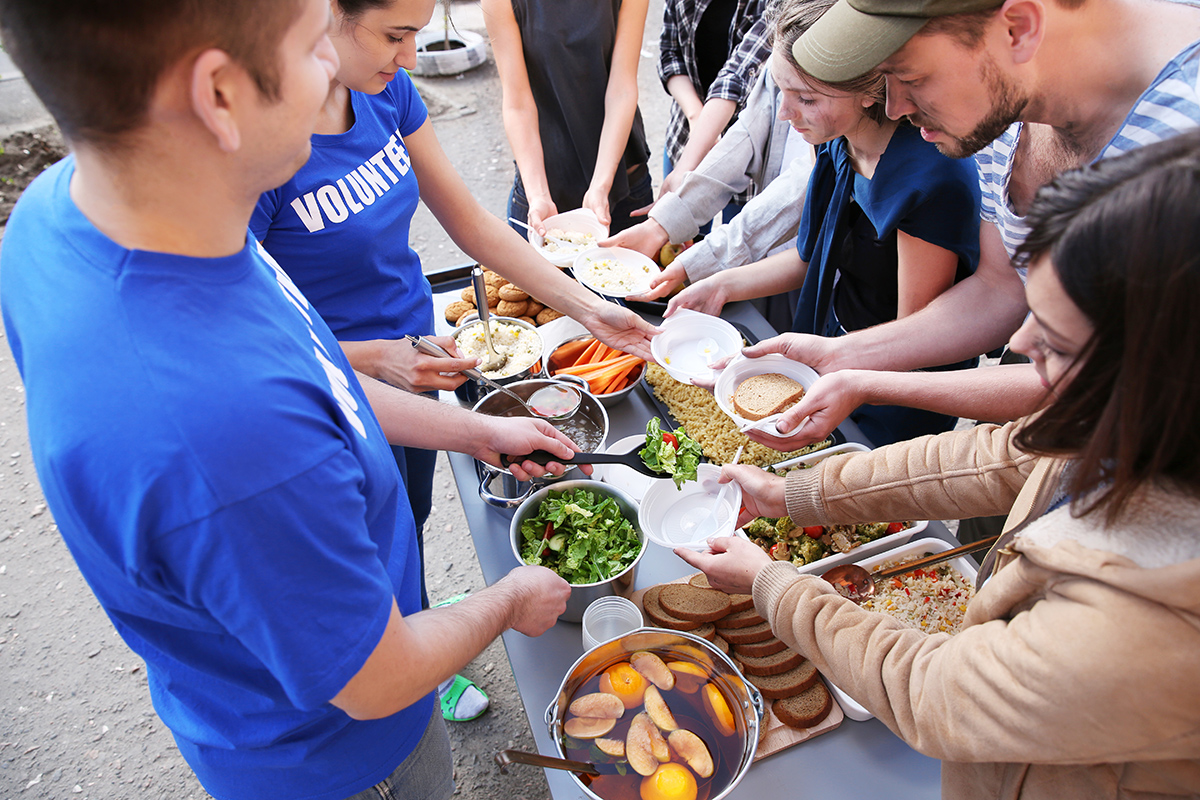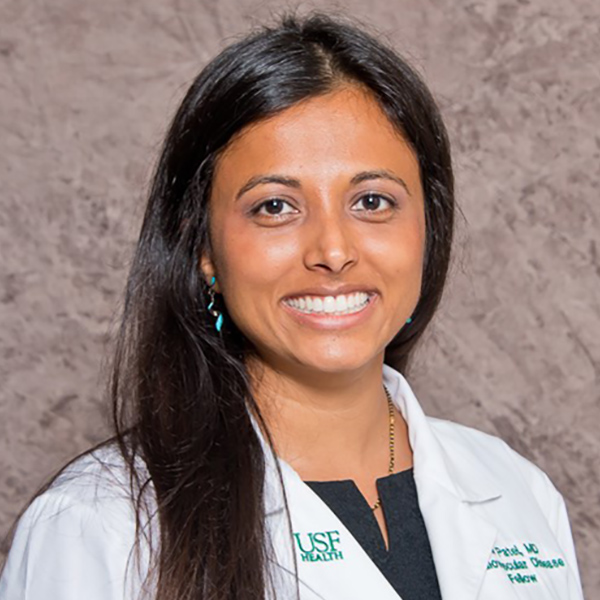Preserving Meaning

I expect that the most common reason given on personal statements for pursuing medicine is, "I want to make a difference." Unfortunately, as we progress through months and years of training, the reality of the health care work environment often grinds down this noble ideal. We soon start referring to incoming interns as "not jaded yet."
I have often wondered, is it the long hours we worked through training? Is it dealing with the nonmedical requirements such as social work, or the incessant charting and subsequent loss of patient interaction? Is it the economics of health care that forces us to take a more business-oriented approach?
Furthermore, these variables appear to influence physicians differently.
Why do some of us give up on this ideal faster than the rest? How do others manage to maintain at least a glimmer?
I too listed "making a difference" in the first paragraph of my medical school personal statement. I too am frustrated by long hours, rapid patient turn-around, relentless charting requirements and constant concerns on care affordability. However, I have found that volunteer work at our local student-run free clinic for uninsured patients has helped me to preserve the idealism I started medical school with, as well as fight the looming threat of burnout that affects so many of us.
Throughout medical school, residency and fellowship, I have always made a point to volunteer regularly. Notably, there has been significant discussion on the value of volunteering to treat or prevent burnout. Surveys of physicians who regularly volunteer at a free clinic found that most were driven by humanitarian motivations, but also consistently cited the "escape hatch" that volunteering provided them from the pressures of regular care.
Other research posits that volunteering improves physician mental health by enabling them to provide that hands-on supportive care they envisioned when they entered medical school. For myself, I have always looked forward to my evenings at the free clinic. I enjoy working in the flat hierarchy with like-minded colleagues and providing needed care without worrying about billing or extensive charting. Many physicians find it difficult to continue attending free clinic regularly after residency.

However, based on these experiences, I strongly encourage physicians to continue or return to volunteering. The demonstrated benefits to your mental health, career benefits to avoiding burnout and invaluable service you provide to the underserved community far outweigh the time spent volunteering.
To get more involved, start asking your colleagues if they volunteer nearby. The National Association of Free and Charitable Clinics and Volunteers in Medicine are useful to help locate a free clinic in your area.
Care at these free clinics is often uncomplicated. However, our patients regularly make it clear that without the access we provide, they would likely be receiving little to no care. By treating and preventing prevalent medical conditions such as hypertension, diabetes and metabolic syndrome, we can delay and sometimes prevent end organ damage. This is particularly true for specialty care.
At the beginning of fellowship, I applied for a GME grant to purchase a handheld ultrasound to use at our free clinic. At the time, our clinic was well-established in providing primary care services but specialty care was limited.
.jpg)
Upon receiving the grant and ultrasound, we established a monthly "Cardiology Night" at the clinic, where patients with cardiac conditions could receive a history and physical exam, as well as a bedside echocardiogram when indicated.
Now 18 months in, it continues to be a success and our clinic patient list has been full every night. Furthermore, the students who also volunteer receive valuable experience in caring for cardiac conditions along with hands-on ultrasound training.
While the pressures and load of providing hospital care often detaches us from personally connecting with patients, the collegial work environment and extensive gratitude build strong, personal patient relationships at the clinic.
It makes for a long day, but every night that I head home from the clinic, I feel refreshed and reinvigorated with the knowledge that I made a real difference in the lives of several patients.
